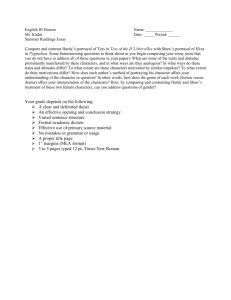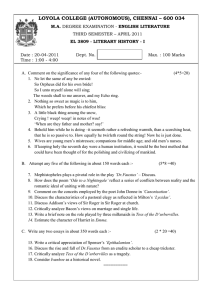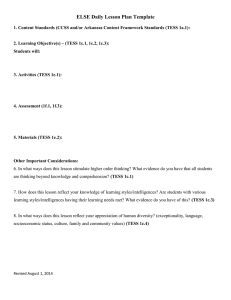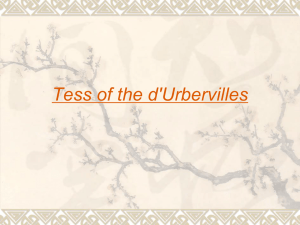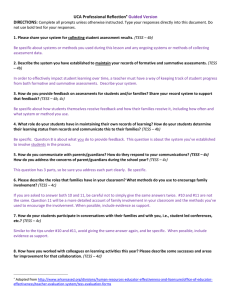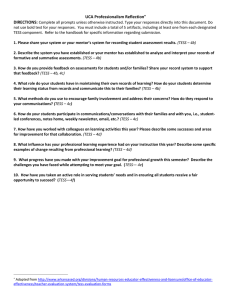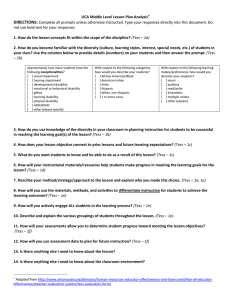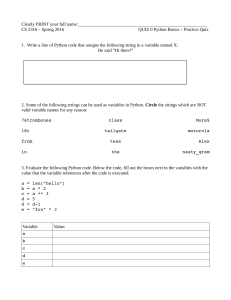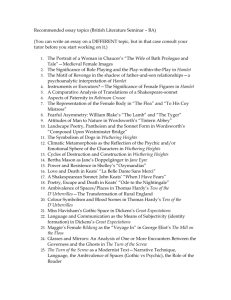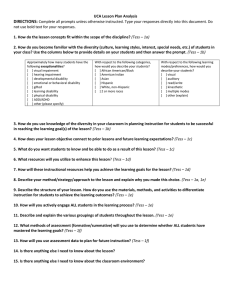Marxist Literary Theory: Class Conflict in Literature
advertisement
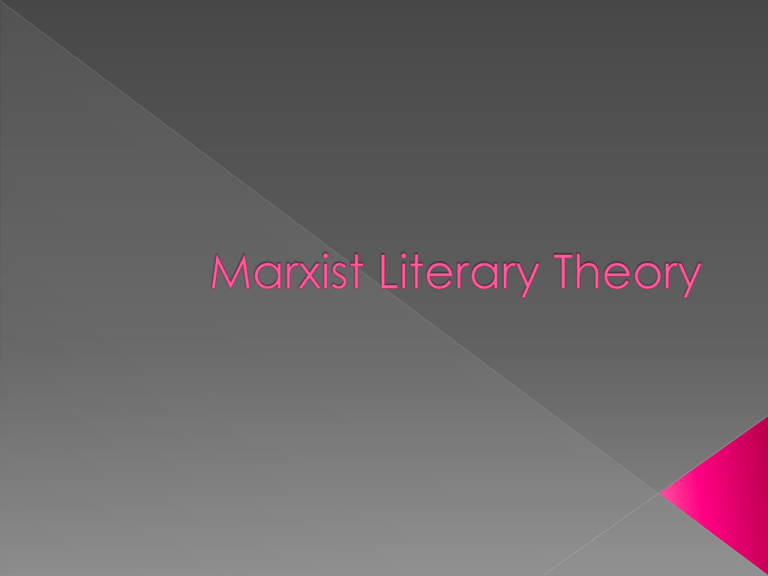
Interpreting literature focus on the representation of class conflicts and depiction of social classes. Analyses the social and political meanings of literature, sometimes reinforcing them. Marxist critics will view the literature as a reflection of the social institutions of that time. Social change occurs from the struggle between the different classes of society. Often championing authors sympathetic to the working classes, eg; ‘Tess’ of the D’Urbervilles or (‘Nick’ in Gatsby?). ‘a work of literature is not a result of divine inspiration or pure artistic endeavour, but that it arises out of the economic and ideological circumstance surrounding it’s creation’ Marxist theory suggests that an author, such as Hardy or Fitzgerald, is implying something about the society in which they live, through their novels; acceptance, rejection, or another ideology. Marxism in Tess of the D’Urbervilles •Tess is represented as working class. A Marxist critic would consider this to be the reason of her downfall, rather than the incident with Alec D'Urberville; -she has no secure work/home-the horse Prince, is the source of their livelihoods. -Her power derives only from her sexuality and her role as a agricultural labourer. -She is deluded by the idea that she is of higher status. •There is also conflict in Tess and Angel’s situation, as she is convinced she is not worthy of him since he is of a higher social class, although he insists he does not believe in the class system of the era. •However Hardy addresses the idea of social mobility as Tess becomes wife to Alec D’Urberville. •http://m.crossref-it.info/textguide/Tess-of-thed'Urbervilles/11/1286 •http://www.thegeminigeek.com/discuss-the-view-thattess-of-the-durbervilles-is-the-most-moving-expression-inenglish-literature-of-the-destruction-of-the-peasant-world
